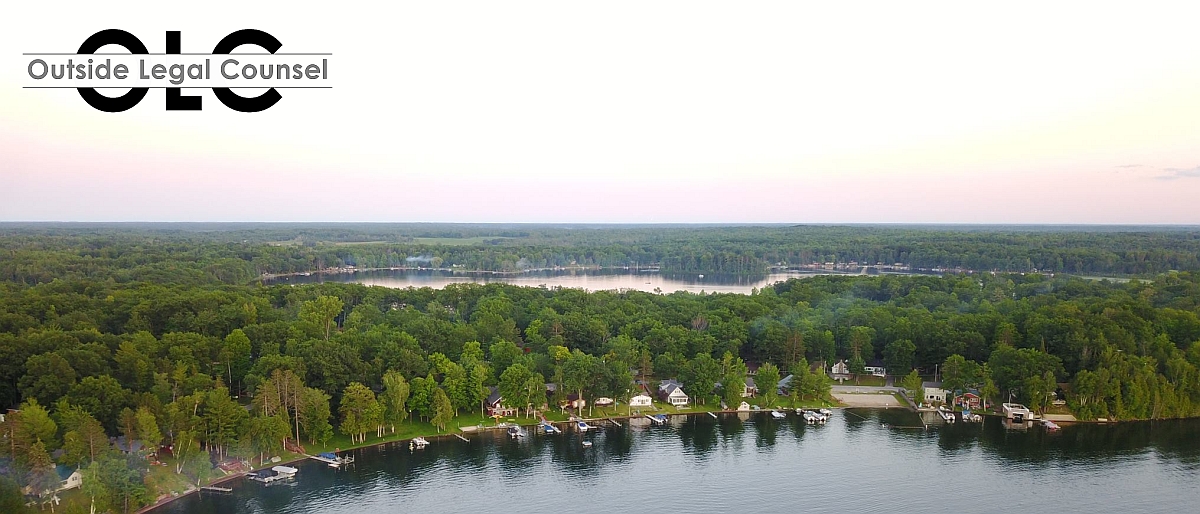The frightening realty the public is not informed about is the case killing effects of court deadlines. A winning case can be gutted if deadlines are not properly checked. It is a dirty little secret: Michigan appellate courts generally do not care about outcome fairness or who the parties are.
Take the recent example of Judith Reynolds.
The Huron Township Planning Commission and the Zoning Board of Appeals approved the installation of an outdoor electronic sign at a church. Reynolds appealed that decision to the Wayne County Circuit Court, under Michigan Court Rule 7.122 (a process OLC has experience using to appeal adverse zoning decisions for our clients), the rule dealing with appeals from a local ZBA.
While the Court of Appeals’ decision does not explain, she was implicitly successful in reversing the ZBA’s decision before the Wayne County Circuit Court. The township appealed and argued the Circuit Court could not even hear the appeal, regardless of its legal correctness. In legal terms, the township argued the Circuit Court lacked jurisdiction.
The Court of Appeals agreed, and vacated the Circuit Court’s decision. It concluded that Reynolds did not appeal fast enough; it did not matter if she was right on the merits. The Court of Appeals did not care that the ZBA had seemingly prevented Reynolds from obtaining the written minutes needed to file an appeal:
We conclude that the circuit court lacked jurisdiction over the case because plaintiff failed to file her claim of appeal in the circuit court within the statutory time frame. The parties do not dispute the fact that the ZBA meeting took place on March 10, 2014, and that the meeting minutes from the March 10, 2014 meeting were approved on May 12, 2014. In addition, the ZBA record contains no decision in writing signed by the chairperson or the members of the ZBA. Therefore, plaintiff was required to file her claim of appeal within 21 days after the ZBA approved the March 10, 2014 meeting minutes on May 12, 2014. Plaintiff filed a claim of appeal in the circuit court on August 20, 2014, which was well after the 21 days expired. Accordingly, plaintiff failed to timely file her claim of appeal in violation of MCL 125.3606(3).
A copy of the decision is here.
Moral of the story: make sure your attorney knows and understands the finer deadlines within court procedures in property law cases and any appeals therefrom. Reynolds may have been legally right on the substance of her arguments, but the late appeal filing vacated the entire lower court decision in her favor.
